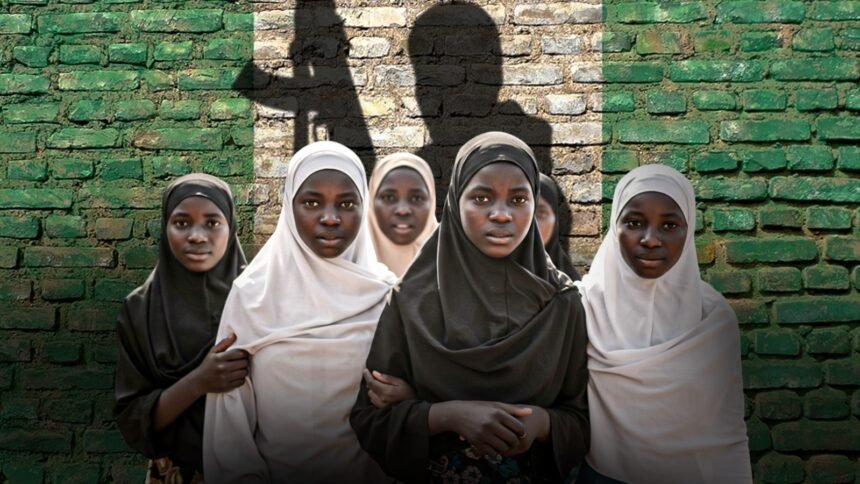It’s been eleven years. That’s more than a decade of anniversaries marked not by cake and candles, but by quiet vigils and louder grief. In April 2014, 276 girls were kidnapped by Boko Haram from their school in Chibok, Nigeria—a night that stunned the world and gave rise to the #BringBackOurGirls movement. Some were freed. Many were not. And now, in 2025, 87 young women are still unaccounted for.
It’s a national wound that simply refuses to close.
This week, families of the missing gathered again in Chibok to hold a remembrance ceremony—one part prayer, one part protest. Their voices, cracking under years of trauma, carried the same plea they made back when the abduction was fresh: “Bring them back.” But the difference now is that their grief has aged. Their girls are no longer girls. They’d be young women today—24, 25 years old. Perhaps some are mothers. Perhaps some are wives. Or perhaps they are still trapped in the same terror they were stolen into, with lives that have never known freedom.
The silence of the state is deafening. While the Nigerian government occasionally reiterates its commitment to locating the remaining captives, families say that promises have become ritualistic, not real. It’s an uncomfortable truth: as the years passed, the Chibok girls vanished from daily headlines and public urgency. Security priorities shifted. New conflicts emerged. And in many ways, the country moved on.
But for the parents, time is irrelevant. Pain doesn’t schedule itself. Esther Yakubu, mother of one of the missing girls, told reporters this week, “We still have 87 reasons not to rest. We still have 87 empty seats at our dinner tables.”
For a country that has invested heavily in military operations against insurgents, including drone surveillance and counterterrorism units, the inability to resolve this tragedy has become a symbol of deeper dysfunction. How can one of Africa’s largest armies not locate 87 women held for over a decade? How can a country that routinely rescues hostages from bandits and militants leave a case like this unfinished?
Part of the challenge lies in Nigeria’s northeast, where Boko Haram and its splinter groups continue to terrorize communities. Though the government has regained territory, intelligence gaps remain. Some of the girls are believed to have been married off to militants, moved to neighboring countries, or even indoctrinated. A few who escaped have spoken about forced conversions, childbearing in captivity, and brutal punishments.
And yet, others have managed to flee. In 2021, four girls walked out of the forest and into safety after seven years. Their return reignited hope—but also raised questions. If they could escape, why couldn’t the rest? Were there operations ongoing? What efforts were made diplomatically to pressure Boko Haram offshoots in Niger, Cameroon, or Chad?
In Abuja, political rhetoric around the Chibok saga has often swung between defensive and dismissive. Some officials claim operations are “classified” to protect the captives. Others urge patience. But patience wears thin when birthdays, graduations, and entire phases of life go missing.
It’s also a test of national conscience. The longer this goes on, the more it becomes a referendum on Nigeria’s soul—its capacity for memory, accountability, and justice. Will the missing girls simply become statistics filed away under “terrorism casualties,” or will they remain etched in the nation’s psyche as daughters stolen and never given back?
For activists, the answer must be the latter. The Bring Back Our Girls movement, though quieter now, continues its work, demanding transparency and renewed action. “We’re not asking for miracles,” one organizer recently said. “We’re asking for political will.”
There’s a symbolic dimension too. If a state cannot protect its schoolgirls, what can it protect? If it cannot rescue those most vulnerable, what does sovereignty mean?
The 87 remaining girls may no longer be visible. But they are not invisible to those who matter. Their names are still whispered in nightly prayers. Their photos are still held up during protests. Their futures are still imagined, fiercely, by mothers and fathers who refuse to forget.
In a world that forgets fast and moves faster, the Chibok girls deserve more than passing headlines. They deserve answers. They deserve justice. And above all, they deserve to come home.










